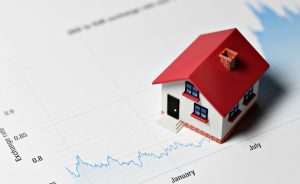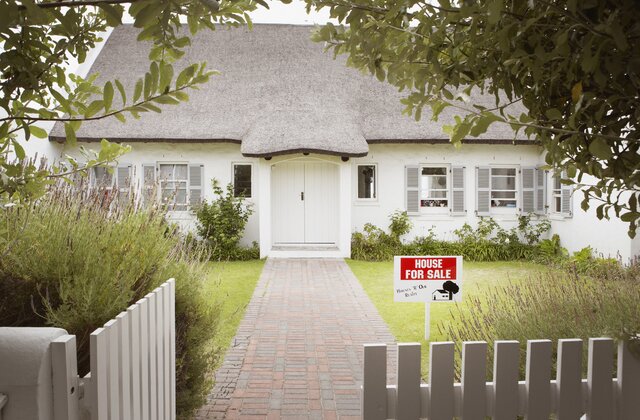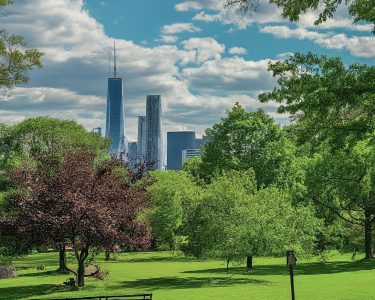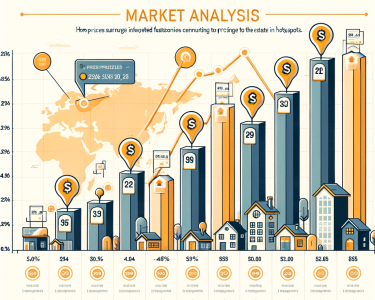In the ever-evolving world of real estate, location, location, location is often cited as the mantra for success. But what if that location came with a history of hauntings and supernatural occurrences? Do haunted houses affect property values, or is it all just fiction fueled by superstition? In this in-depth investigation, we will explore the fascinating intersection of haunted houses, real estate, and the mysteries that surround them.
The Market for Haunted Homes
Haunted houses have long held a unique fascination for thrill-seekers and the curious. They often take the form of grand historic homes, eerie abandoned buildings, or the humble abode next door, concealing untold tales of tragedy and the unexplained. Real estate markets have not overlooked this curious niche, leading to the emergence of a new breed of homebuyers and sellers – those willing to embrace the supernatural.
So, do haunted houses come with a discounted price tag? While it’s tempting to believe in the cliché of a haunted home being a “bargain,” the reality is far more complex. Home prices are determined by a multitude of factors, including location, size, condition, and, yes, the home’s haunted status.
Fact or Fiction: The Influence on Property Values

Haunted houses’ influence on property values is a subject of debate among real estate experts. Some argue that a haunted reputation can actually increase the value of a property due to its uniqueness and the potential for future paranormal tourism. On the other hand, skeptics suggest that the majority of potential buyers are more likely to shy away from purchasing a home with a reputation for paranormal activity, believing it may bring more trouble than it’s worth.
To get a clearer understanding, I reached out to a few real estate professionals who specialize in unique properties. Sarah Anderson, a real estate agent with over a decade of experience, believes that the impact on property value varies. She noted, “In some cases, properties with a haunted reputation do attract a certain type of buyer who’s intrigued by the supernatural. However, many potential buyers are skeptical, and if the ghostly tales are too prominent, it can deter them.”
Investigating the Claims
To shed light on the mysteries surrounding haunted houses and their impact on property values, a rigorous approach is needed. Investigating the claims requires a combination of data analysis, interviews with real estate agents, and even consulting paranormal experts. Some critical steps include:
- Data Analysis: Analyzing real estate listings to identify haunted houses and compare their prices to non-haunted properties in the same area. This analysis can provide quantitative insights into whether haunted houses tend to be priced differently.
- Interviews: Speaking with real estate agents, homeowners, and potential buyers who have had experiences with haunted houses to understand their perspectives on property values.
- Consulting Paranormal Experts: Consulting with paranormal investigators and psychics to verify the authenticity of reported supernatural activities in these houses.
- Historical Research: Delving into the history of these properties to find verifiable evidence of past events or tragedies that may contribute to their haunted reputation.
Ethical Considerations
While investigating haunted houses and property values, it is essential to approach the subject with sensitivity and respect. Some homeowners may be genuinely distressed by their experiences, and others may have profited from the paranormal reputation of their properties. Ensuring that all information is presented ethically and responsibly is paramount in this unique field of reporting.
In the coming weeks, I will continue this investigation and share the results, aiming to provide a comprehensive understanding of whether haunted houses indeed influence property values. Until then, whether you’re a skeptic, a believer, or somewhere in between, the mystery of haunted houses in real estate continues to captivate us all.




